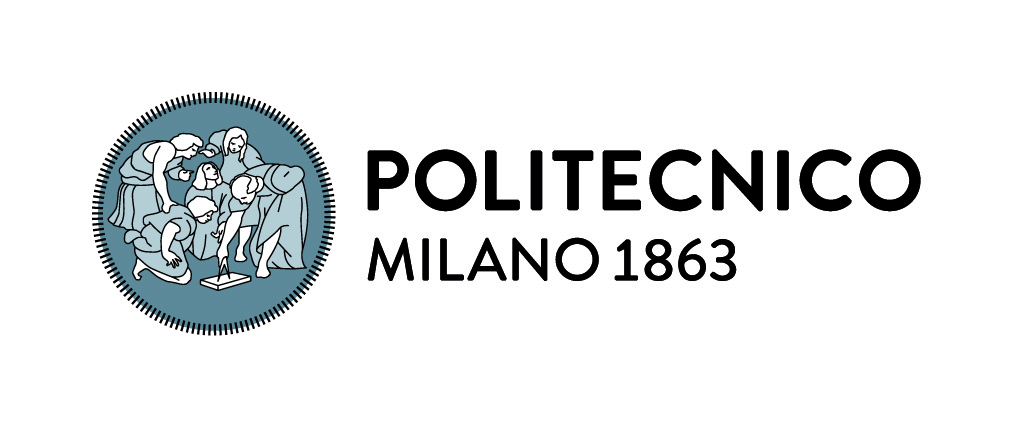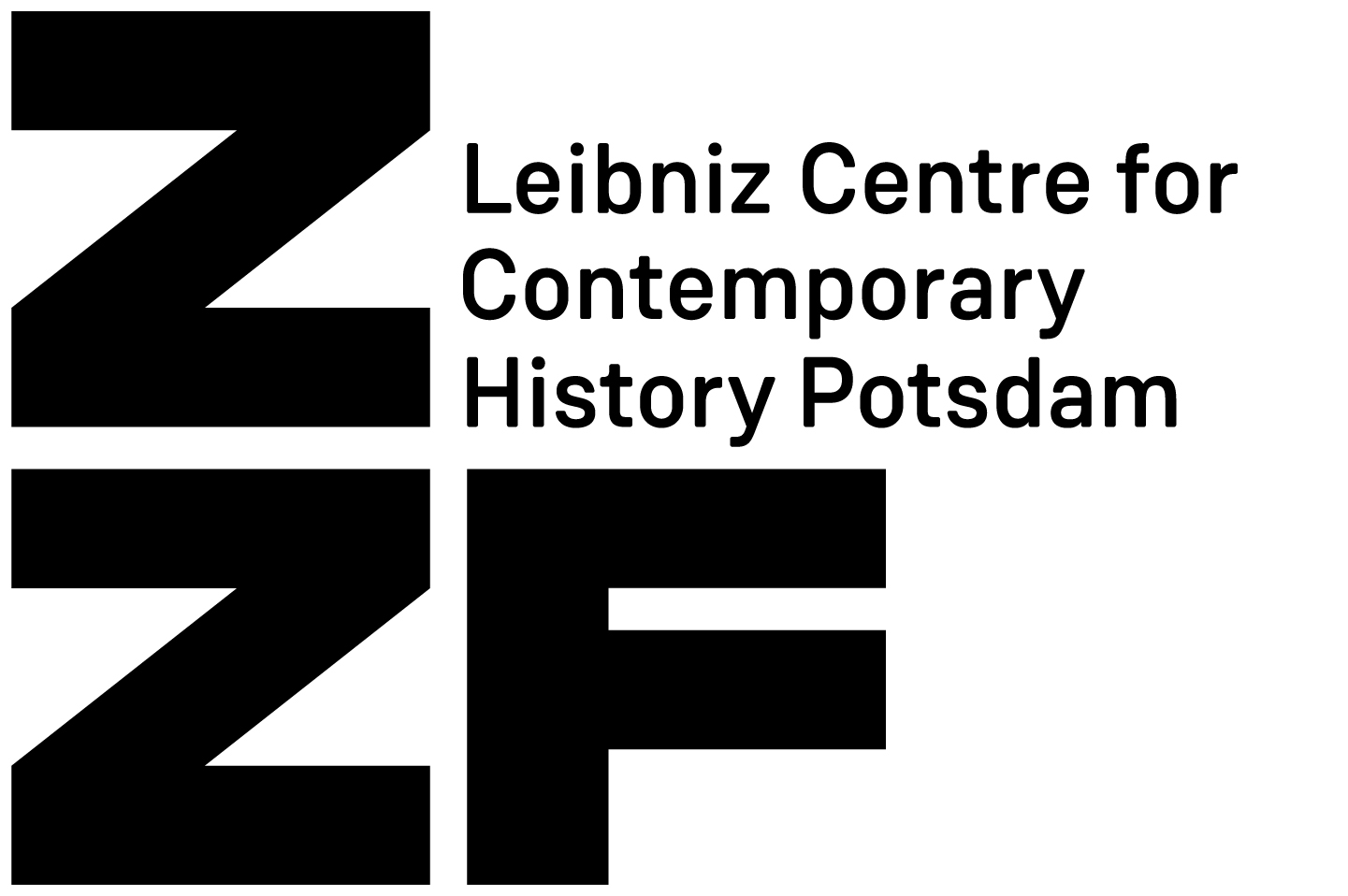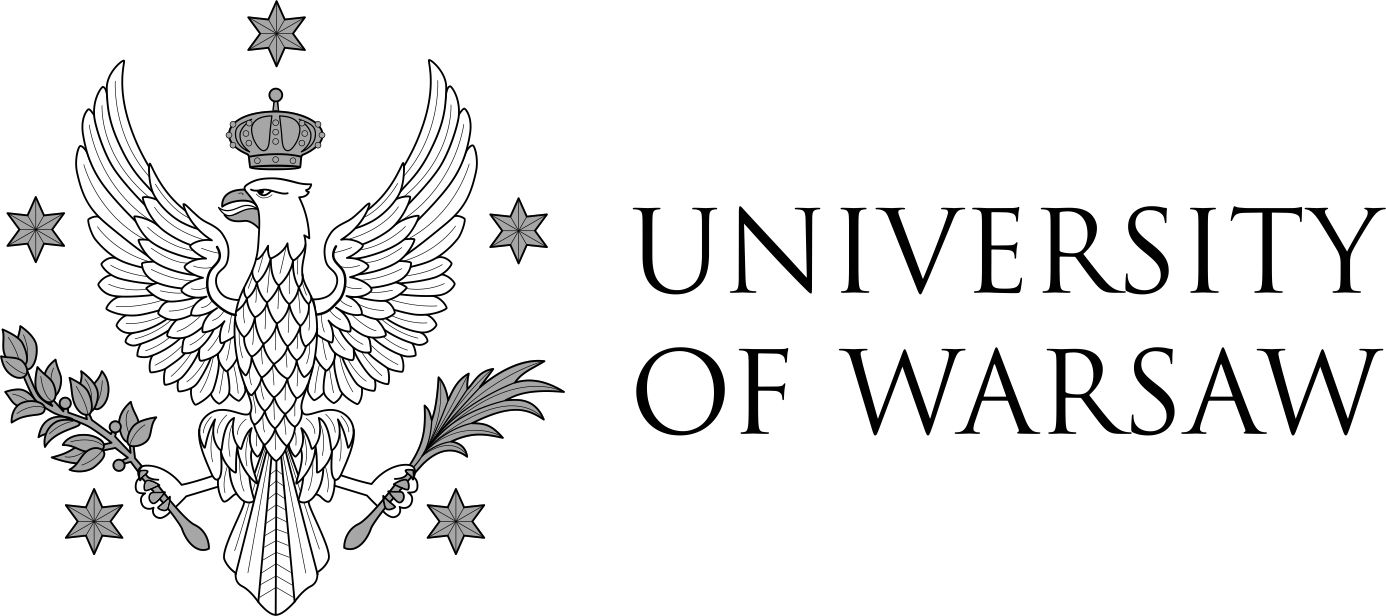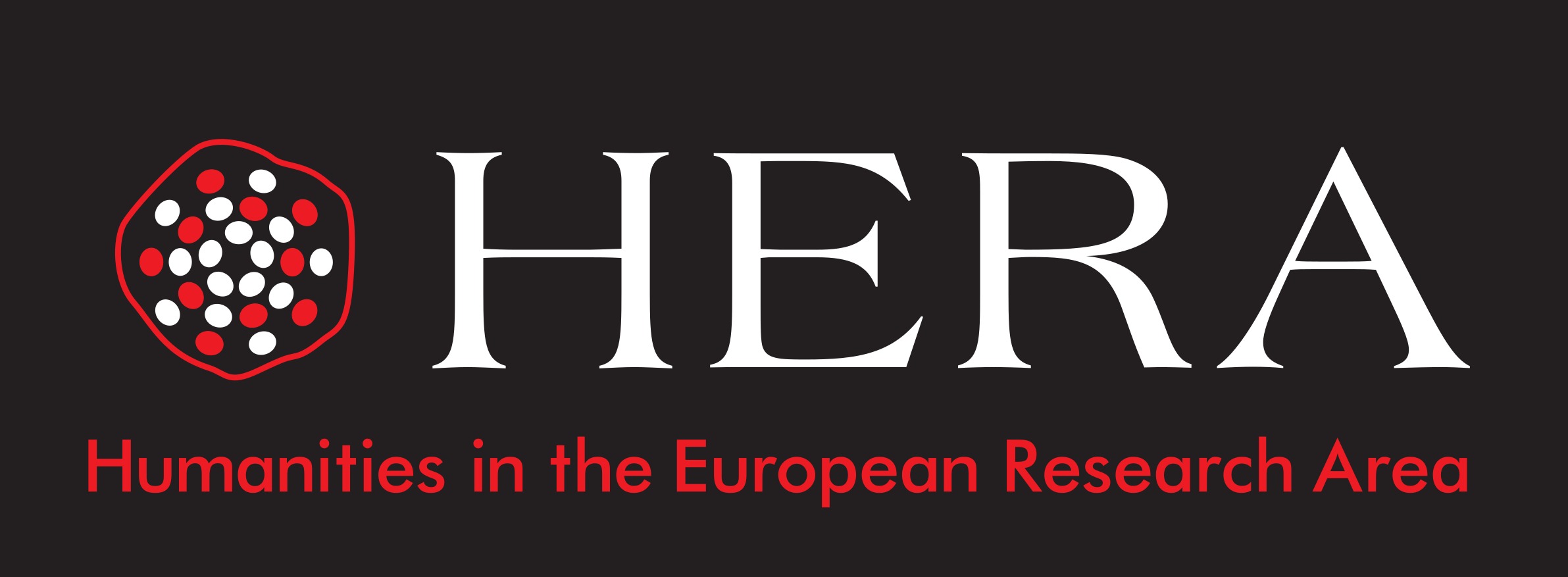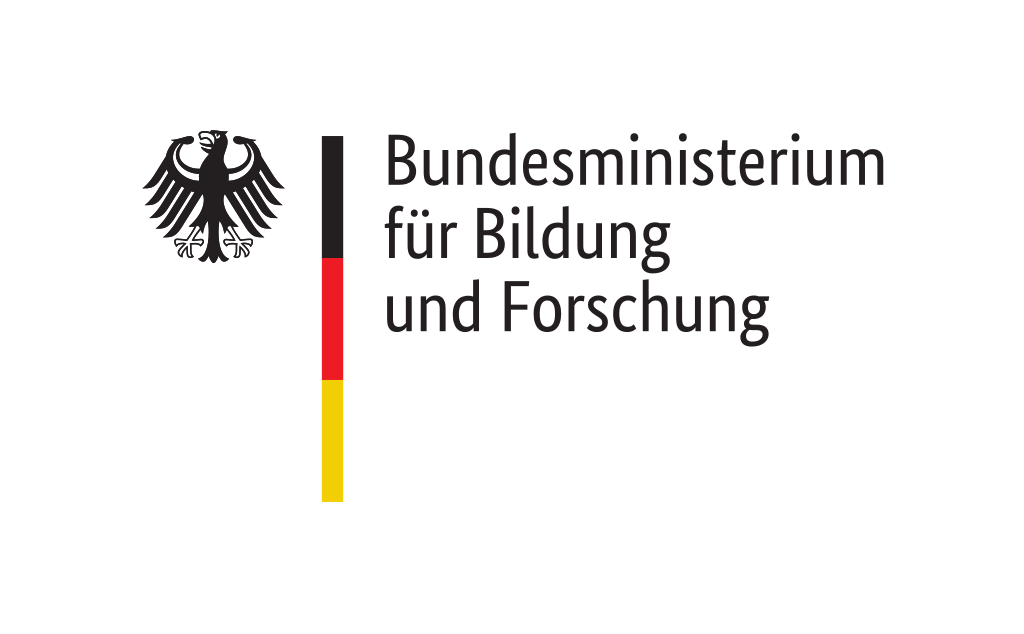Working Practices and Project Design
en/counter/points assembles an interdisciplinary team to uncover (re)negotiations of belonging in different public spaces and places, intersecting past and present, and in relation to crucial contemporary social issues, in a Europe characterised by flux, diversity and ‘crisis’. We draw upon theories and approaches from multiple academic disciplines and communities of practice (Wenger 1998).
We will utilise mixed, qualitative methodological approaches to:
- study specific communities and groups – both with and without migrant backgrounds
- examine cultural spaces such as museums, heritage and memory sites, and the public activities taking place within them
- analyse alternative spaces for cultural work
- examine the use, valorisation and appropriation of public buildings, cities and urban spaces
- scrutinize professional reflexive practices of public space design relating to Europe’s migration and economic crises
en/counter/points aims to uncover (re)negotiations of belonging in different public spaces (museums, platforms, heritage and memory sites), time frames (linking past and present) and related to significant themes (migration, colonialism, post-socialism), in a changing Europe. We combine theoretical, critical impulses from memory studies, contemporary history, architecture, museum and heritage studies, and anthropology to create a conversation between them and our research question. We utilise mixed, qualitative methods including interviews, focus groups, observation, visual and display analysis, visitor research, archival research, co-production and participatory design practices. By exchanging methodological and theoretical approaches in intensive collaborative workshops, we not only investigate encounters, points of encounter and counterpoints, but crucially, integrate them into our working practices. By simultaneously analysing and experimenting with individual/collective, official/unofficial practice within the public cultural sphere, the project consists not only of research on practice, but research as practice and significantly, practice as research.


